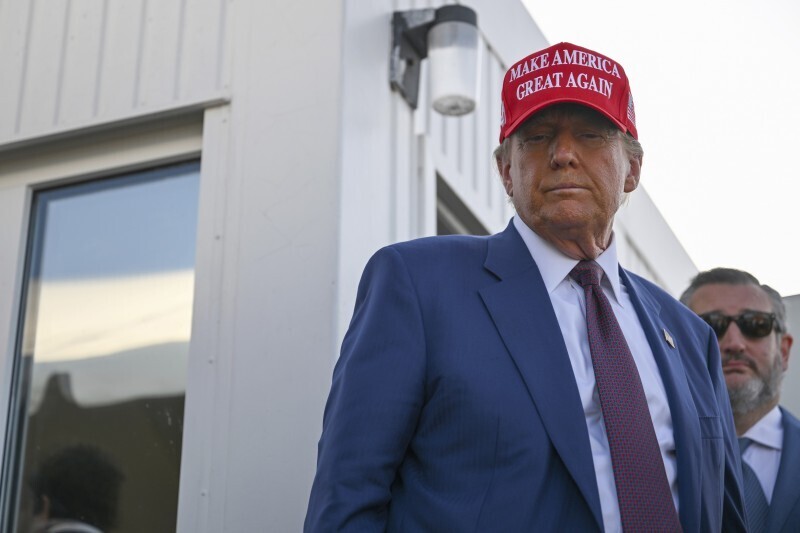
BBVA bank has assured that remittances will not be at risk from the strict immigration policies that Donald Trump may implement, emphasizing that any slowdown in the inflow of these funds will be more due to economic factors than to immigration measures. In its report titled "Trump 2.0 Massive Deportation: a low probability event," the bank explained that the relationship between remittances and the U.S. economy is more significant than with immigration policy.
"In a context of economic growth above its potential and with an unemployment rate at natural levels, we consider that the anti-immigrant policies of the Trump administration will have limited impacts on the families receiving remittances and on the Mexican economy," BBVA highlighted. During Trump's first term, remittances increased by 50%, rising from $27.6 billion in 2016 to $41.7 billion in 2020.
Despite the threat of mass deportations by Trump, only one-third of the migrant population in the United States is in an irregular situation, which supports the idea that the impact on remittances would be limited. Additionally, the bank believes that in the case of a reduced supply of migrant labor due to possible deportations, the wages of remaining workers may increase, allowing them to send more money to their home countries.
It is also noted that second and third-generation migrants, who hold U.S. citizenship, also significantly contribute to the sending of remittances. Despite projecting a slowdown in remittance growth starting in 2023, BBVA dismisses a severe negative impact on these funds, which have been fundamental for the resilience of consumption during the economic crisis derived from the pandemic. According to the latest report from Banxico, in October, remittances reached $5.723 billion, reflecting a year-on-year decrease of 1.6%.













